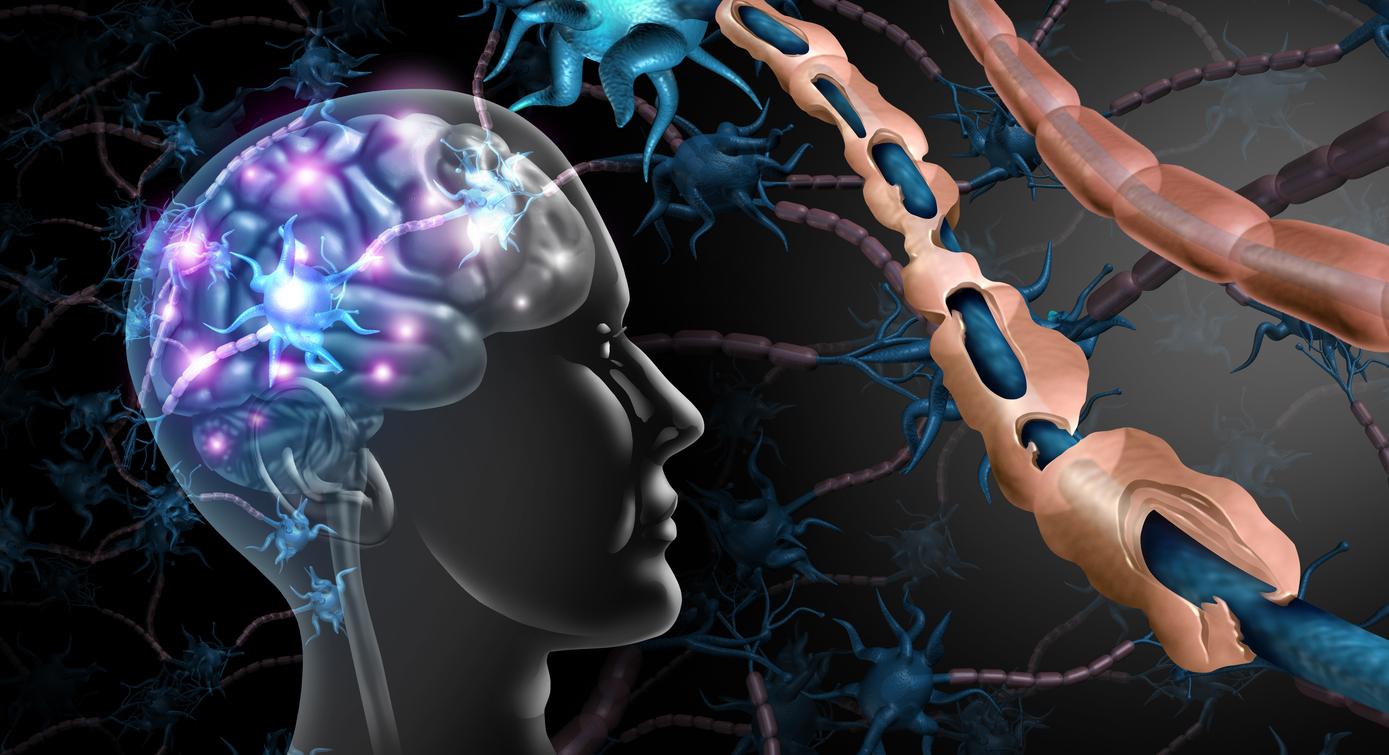Multiple sclerosis (MS) is a scary disease. Here is what Professor Jérôme de Sèze thinks.

- Multiple sclerosis (MS) is an autoimmune disease of the central nervous system (the brain and spinal cord).
- That is to say, the defense system (immune system), usually involved in the fight against viruses and bacteria, gets carried away and attacks the myelin, the protective sheath of the nerve fibers which plays an important role in the propagation nerve impulses from the brain to different parts of the body.
“Multiple sclerosis is a disease with serious connotations. It is true that when this diagnosis is announced, either the patients do not know, or they immediately see the handicap, the cane and the wheelchair”, explains Jérôme de Sèze, professor of neurology at the Strasbourg University Hospital and specialist in autoimmune diseases and neuro-ophthalmology. “That said, it is a disease whose prognosis has completely changed in 20 years thanks in particular to the arrival of new ultra-early and increasingly effective therapies, which improve the comfort of life”, continues the specialist.
Neurological disorders
The appearance of neurological disorders affecting different functions (motricity, sensitivity, vision, balance, coordination of movements, etc.) and evolving in initially regressive flare-ups is highly suggestive of multiple sclerosis. Doctors speak of inflammatory flare-ups “disseminated in time and in the central nervous system”.
But the symptoms can be much more deceptive, especially in the event of mood problems (depression or manic disorder), which can evoke a bipolar disease, whereas it is about plaques of demyelination affecting the limbic system, located in the deep brain.
120,000 people in France concerned
Multiple sclerosis is a disease of young adults, often diagnosed between the ages of 25 and 35. It mainly affects women, who make up three quarters of patients. 120,000 people in France are now affected by the disease, and 3,000,000 new cases are diagnosed each year.

















